In the vibrant era of the 1970s, children experienced a world vastly different from today. These years were marked by cultural shifts, technological advancements, and social changes that left an indelible mark on those who grew up during this time. Embracing the freedom of unstructured play, the simplicity of limited technology, and the creativity sparked by a do-it-yourself ethos, this generation developed unique traits that continue to define them. The ’70s taught resilience and independence, as well as the importance of community and adaptability. These experiences fostered a generation of individuals who value creativity, resourcefulness, and social responsibility.
1. Emphasis on Outdoor Play
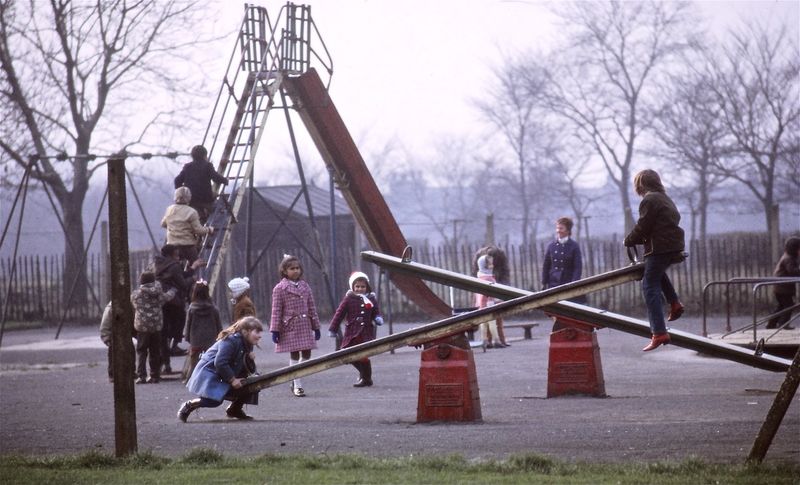
Imagine a time when children roamed freely, their adventures limited only by their imaginations. The ’70s epitomized this era of unsupervised play. Without the digital distractions of today, kids built forts, climbed trees, and played games that honed their social skills and creativity. Parents trusted their kids to explore and learn from their surroundings. This freedom not only fostered independence but also instilled a sense of resilience. The playgrounds of the ’70s served as classrooms, teaching valuable life skills like negotiation, problem-solving, and teamwork. These experiences left a lasting imprint on their personalities and approach to life.
2. Limited Entertainment Options
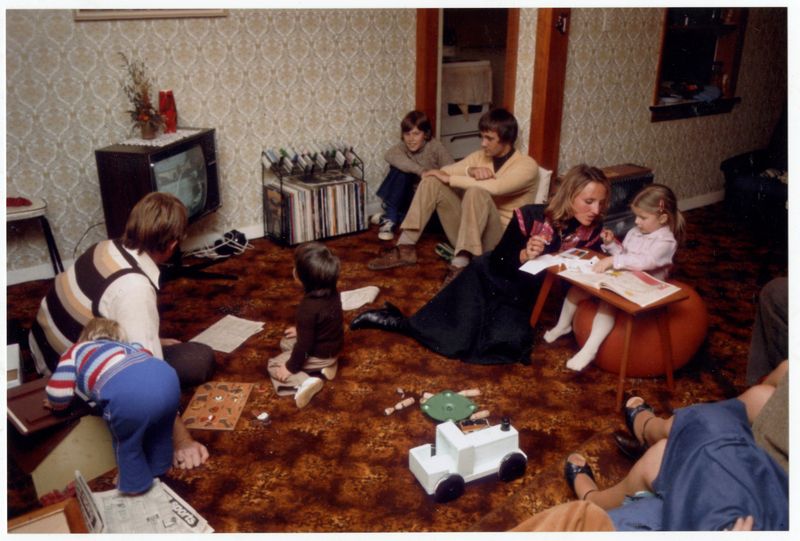
Picture a family gathered around a single television, eagerly awaiting their favorite shows. With only a handful of channels, the ’70s taught patience and anticipation. Children learned to appreciate the art of scheduled programming, as Saturday morning cartoons became a cherished ritual. The absence of internet and streaming services meant more time for imaginative play and creativity. Families bonded over shared TV moments, creating a sense of community within the home. The simplicity of entertainment options fostered a deeper appreciation for storytelling and creativity, shaping a generation that values quality over quantity in media consumption.
3. Resourcefulness and DIY Culture

In an era of economic challenges, the ’70s taught the art of making do. Families embraced a do-it-yourself culture, crafting, mending, and repurposing items. This resourcefulness fostered creativity and a sense of accomplishment. Children learned the value of frugality and self-sufficiency, skills that would serve them well in adulthood. From fixing bikes to crafting toys, the ’70s were a time of hands-on learning. This DIY spirit nurtured innovation and problem-solving, as individuals discovered that with a little ingenuity, they could overcome obstacles and create something new. It was an era that celebrated creativity and practicality.
4. Introduction of Video Games
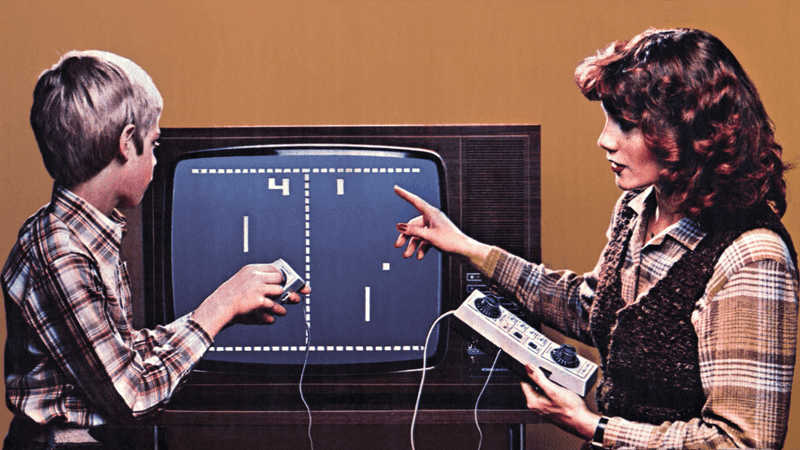
The ’70s marked the dawn of a digital revolution, introducing home video gaming to eager audiences. Systems like Atari brought the captivating world of Pong into living rooms across the nation. Enthusiastic young gamers marveled at the novelty of interacting with their screens. Video games offered a new form of entertainment, sparking social interaction and friendly competition. This era saw the birth of a gaming culture that would evolve and expand over the decades. As the pioneers of home gaming, ’70s kids experienced firsthand the excitement and potential of technology, paving the way for future innovations in digital entertainment.
5. Fashion as Self-Expression
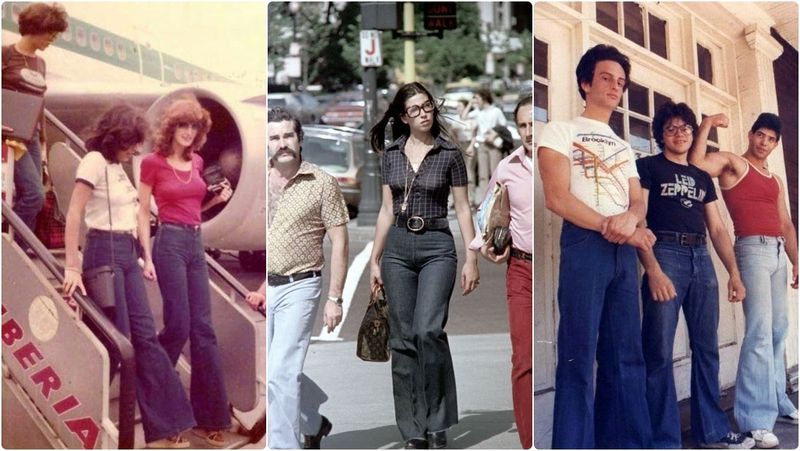
Bell-bottoms, vibrant colors, and eclectic patterns characterized the bold fashion statements of the ’70s. Clothing became a canvas for self-expression, reflecting the cultural movements and individual personalities of the time. Fashion trends were more than just aesthetics; they were about identity and belonging. Teens and young adults found empowerment in their style choices, aligning themselves with the era’s social and political causes. From disco to punk, fashion was a dynamic form of communication. These distinctive styles allowed individuals to express their unique identities, fostering a sense of confidence and individuality that continues to influence fashion today.
6. Political and Social Awareness
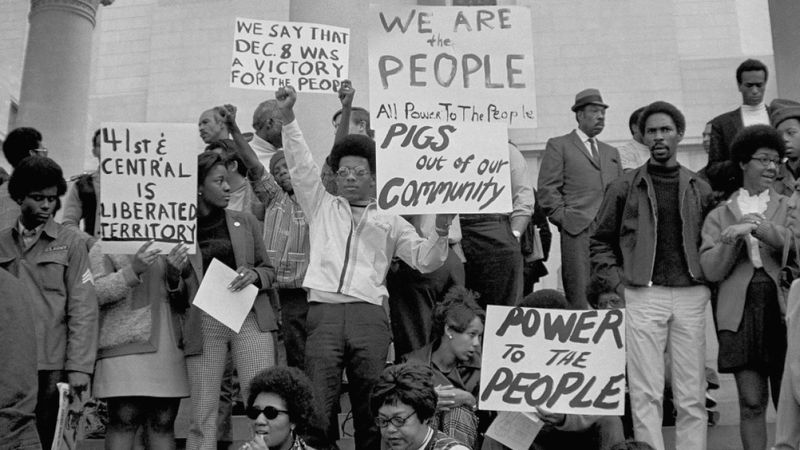
The ’70s were a period of awakening for political and social consciousness. Activism flourished as individuals advocated for civil rights, environmental conservation, and women’s liberation. This era instilled a profound sense of social responsibility and community involvement. Young people were inspired to make a difference, participating in protests and movements that shaped the nation’s future. The activism of the ’70s emphasized the power of collective action and the importance of standing up for what is right. This heightened awareness of social issues has carried forward, influencing the way individuals engage with and contribute to their communities today.
7. Technological Adaptation

Transitioning from analog to digital technologies, the ’70s taught adaptability and appreciation for progress. Vinyl records made way for cassette tapes, offering a new way to enjoy music. This shift required learning and adjustment, fostering an appreciation for technological advances. Individuals embraced these changes, eager to explore the possibilities they brought. The adaptability learned during this time paved the way for future technological transitions. It was an era that celebrated innovation and discovery, as people experienced the thrill of new gadgets and media formats. These lessons in adaptability and enthusiasm for progress continue to influence how we engage with technology today.
8. Simplified Entertainment
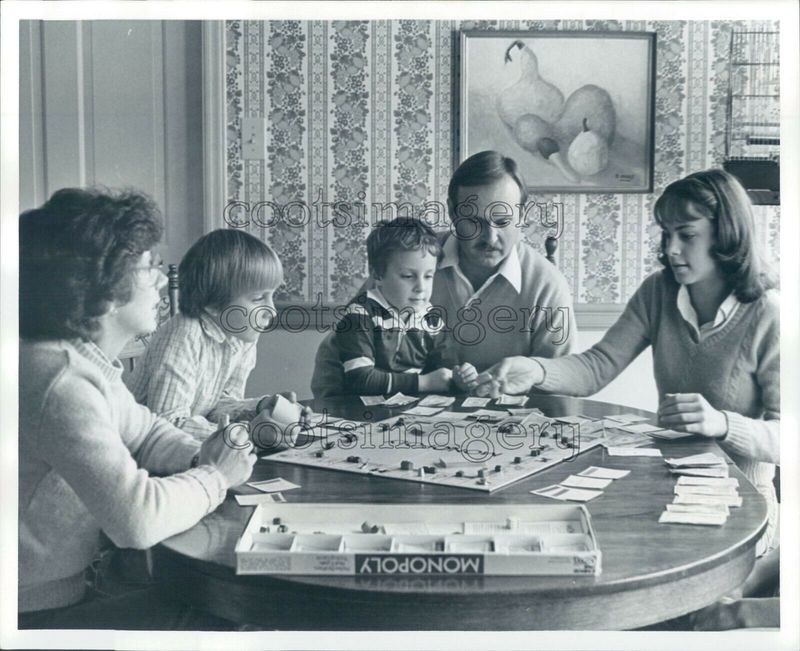
With limited distractions, ’70s kids found joy in simple pleasures. Board games, books, and outdoor adventures provided endless entertainment. These simplified activities fostered imagination, creativity, and problem-solving skills. Families gathered for game nights, creating lasting memories and strengthening bonds. The absence of constant digital stimulation allowed for deeper engagement with activities and people. This simplicity encouraged a focus on interpersonal relationships and communication, shaping a generation that values genuine connections. The lessons learned from these experiences continue to resonate, as people strive to find balance and authenticity in a world filled with digital distractions.
9. Community and Social Interaction
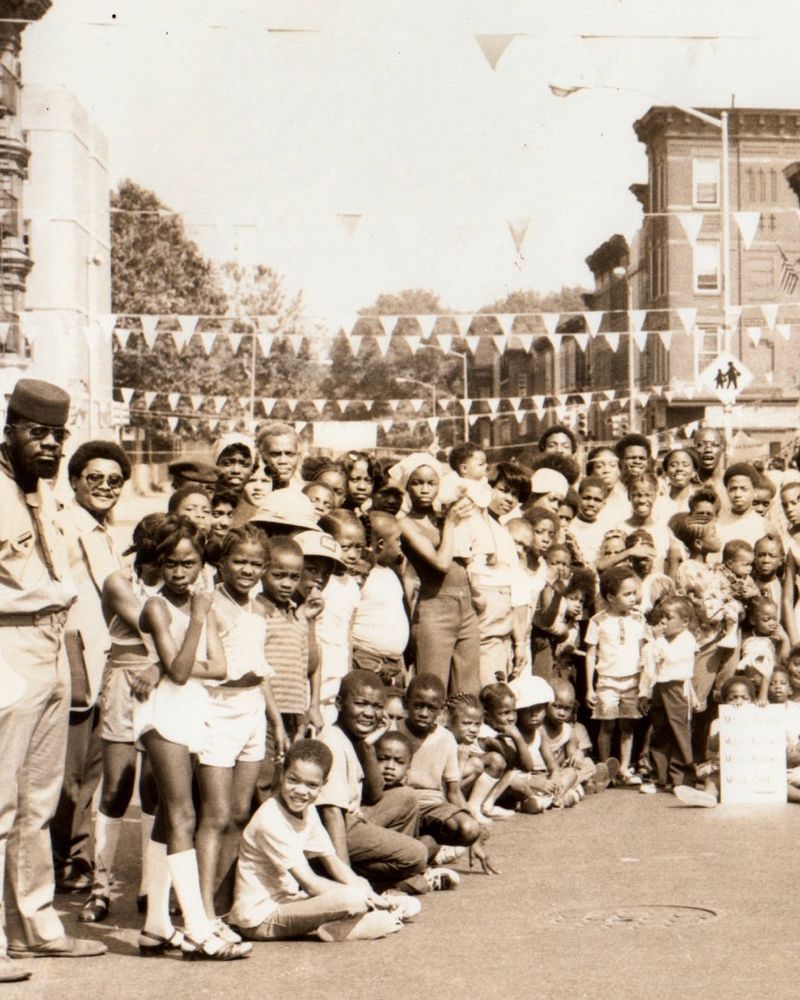
Limited technology fostered strong community bonds in the ’70s. Neighbors gathered for block parties, potlucks, and social events, forging connections and friendships. Face-to-face interactions were the norm, allowing people to develop interpersonal skills and empathy. The sense of community provided support and a feeling of belonging. These interactions taught the importance of cooperation and collaboration, skills that are invaluable in both personal and professional life. The relationships built during this era were characterized by trust and mutual respect, creating a foundation for lifelong friendships. This emphasis on community continues to influence the way individuals connect and engage today.
10. Resilience and Self-Reliance

Economic challenges in the ’70s demanded resilience and self-reliance. Families worked together to make ends meet, teaching children the value of hard work and perseverance. Chores and responsibilities were shared, instilling a strong work ethic. These experiences taught individuals to face adversity with courage and determination. The lessons of resilience learned during this time have carried forward, shaping a generation that values independence and self-sufficiency. This spirit of determination and resourcefulness continues to influence how individuals approach challenges and opportunities. The ’70s were a time of learning and growth, laying the foundation for future success.
11. Music Revolution
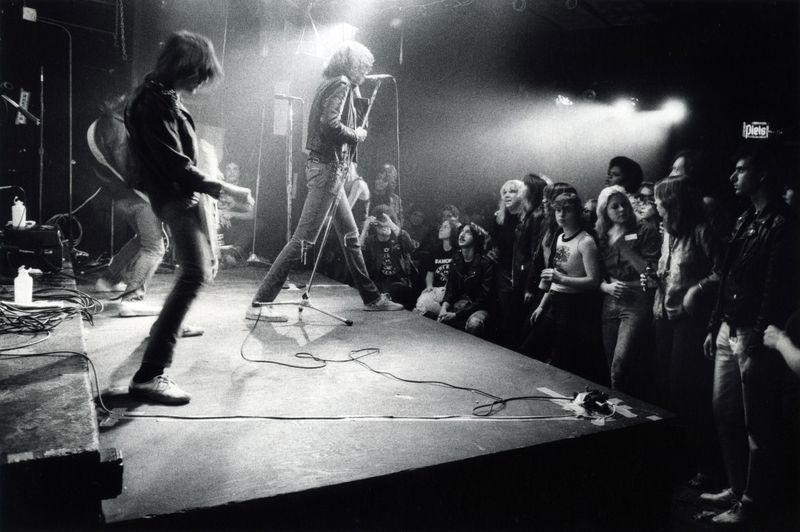
The ’70s were an iconic era for music, featuring groundbreaking artists and genres. From rock legends to disco fever, music became a powerful force of expression and unity. Concerts and festivals were vibrant gatherings where people connected through shared musical experiences. The diverse sounds of the ’70s reflected the cultural shifts of the time, influencing fashion, attitudes, and social movements. Music taught individuals to embrace diversity and creativity, fostering a lifelong appreciation for artistic expression. This musical revolution continues to inspire and shape the way people experience and connect with music today, echoing the spirit of a transformative decade.
12. Emerging Environmental Awareness

The ’70s marked the beginning of the environmental movement, as people became more aware of their impact on the planet. Earth Day was established, and environmental organizations advocated for conservation and sustainable practices. This growing awareness fostered a sense of responsibility for the environment, encouraging individuals to adopt eco-friendly habits. Children learned the importance of protecting nature, planting trees, and conserving resources. These lessons in environmental stewardship have had a lasting impact, shaping a generation committed to sustainability and ecological preservation. The ’70s were a pivotal time for environmental consciousness, inspiring continued efforts to care for the Earth.
13. Family Dynamics and Bonding
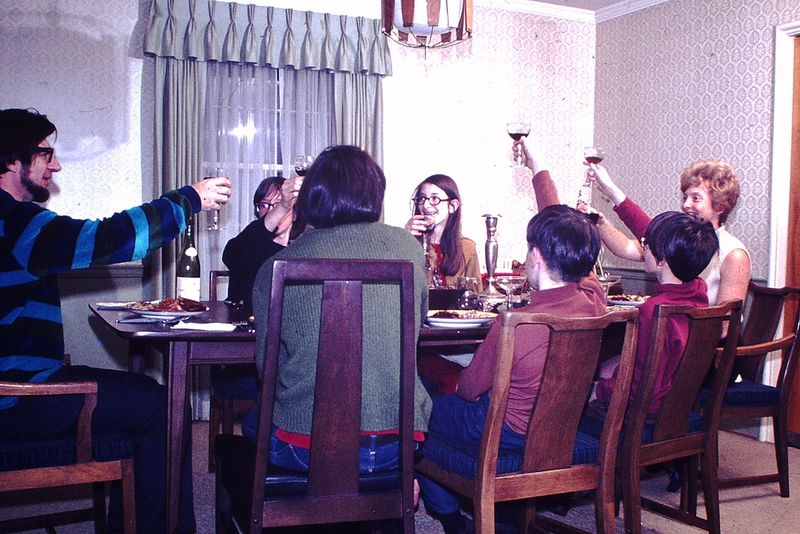
Family life in the ’70s was characterized by shared meals and meaningful interactions. Without the distraction of constant digital devices, families gathered at the dinner table, exchanging stories and experiences. These moments fostered open communication and understanding, strengthening family bonds. The emphasis on family time taught values such as empathy, respect, and collaboration. These dynamics continue to influence how individuals prioritize family relationships today, valuing quality time and genuine connections. The ’70s demonstrated the power of shared experiences and the importance of nurturing familial relationships, lessons that resonate with those who cherish the bonds formed during this era.
14. Education and Innovation
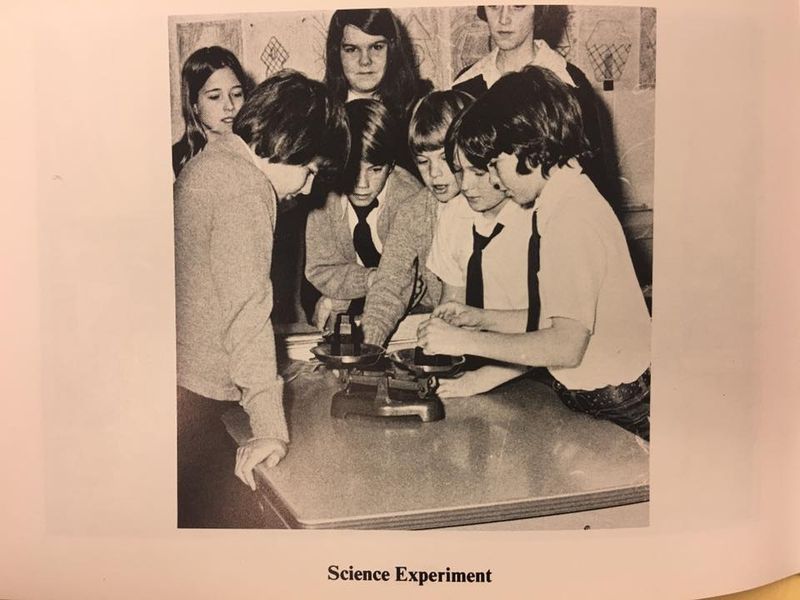
Education in the ’70s embraced innovation and experiential learning. Classrooms encouraged critical thinking and creativity, fostering a love for discovery. Hands-on projects and experiments sparked curiosity and engagement, allowing students to explore subjects deeply. This approach to education nurtured problem-solving skills and adaptability, preparing students for an ever-changing world. The emphasis on creativity and exploration shaped a generation of thinkers and innovators. These educational experiences continue to influence teaching methods today, as educators strive to inspire and empower students. The ’70s were a time of educational transformation, leaving a legacy of curiosity and a passion for lifelong learning.
15. Sports and Team Spirit
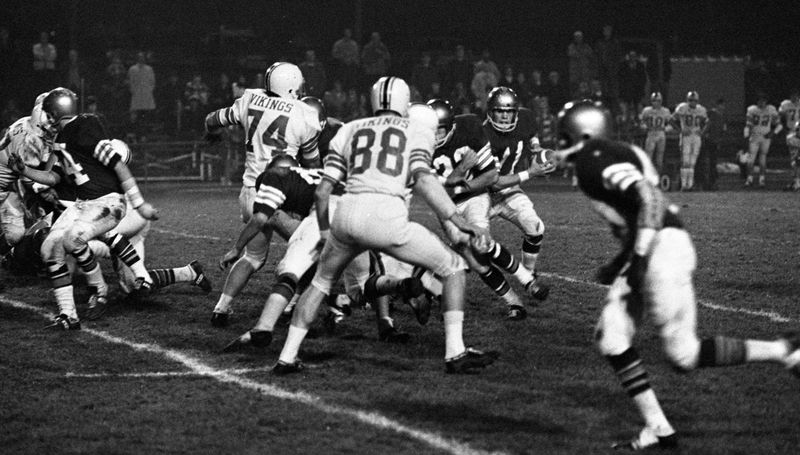
The ’70s celebrated sports as a means of building character and team spirit. School sports teams thrived, teaching discipline, cooperation, and perseverance. The camaraderie and excitement of participating in sports fostered a sense of belonging and pride. Young athletes learned the value of teamwork and leadership, skills that extend beyond the playing field. The spirit of competition and achievement instilled confidence and resilience. These experiences inspired a lifelong appreciation for fitness and collaboration, shaping a generation that values health and community. The ’70s were a time when sports brought people together, creating memories and friendships that endure.
16. Cultural Diversity and Inclusion
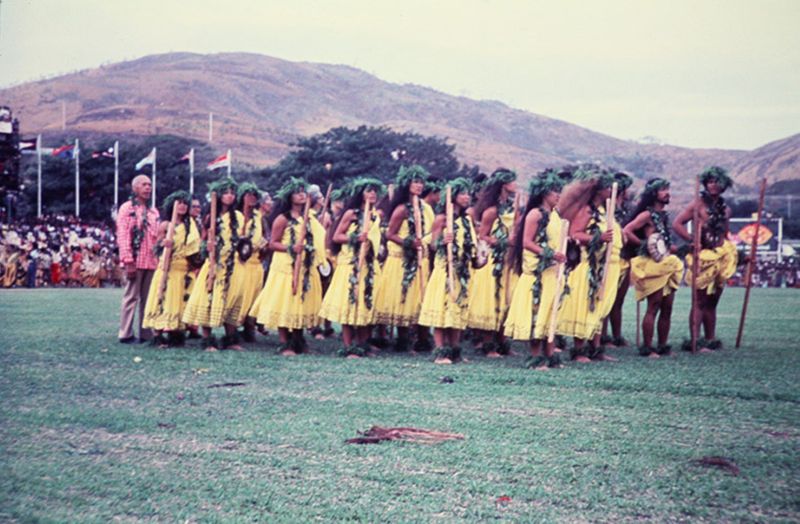
The ’70s embraced cultural diversity, as communities celebrated various traditions and heritages. Festivals and events showcased the richness of different cultures, fostering inclusion and understanding. People learned to appreciate and respect differences, creating a more harmonious society. This era of cultural exchange taught individuals to value diversity and inclusion, principles that continue to guide social interactions today. The blending of cultures enriched communities and inspired creativity, shaping a generation that embraces global perspectives. The ’70s were a time of cultural awakening, laying the groundwork for a more inclusive and interconnected world, as people discovered the beauty in diversity.

Well, hello there!
My name is Jennifer. Besides being an orthodontist, I am a mother to 3 playful boys. In this motherhood journey, I can say I will never know everything. That’s why I always strive to read a lot, and that’s why I started writing about all the smithereens I came across so that you can have everything in one place! Enjoy and stay positive; you’ve got this!

